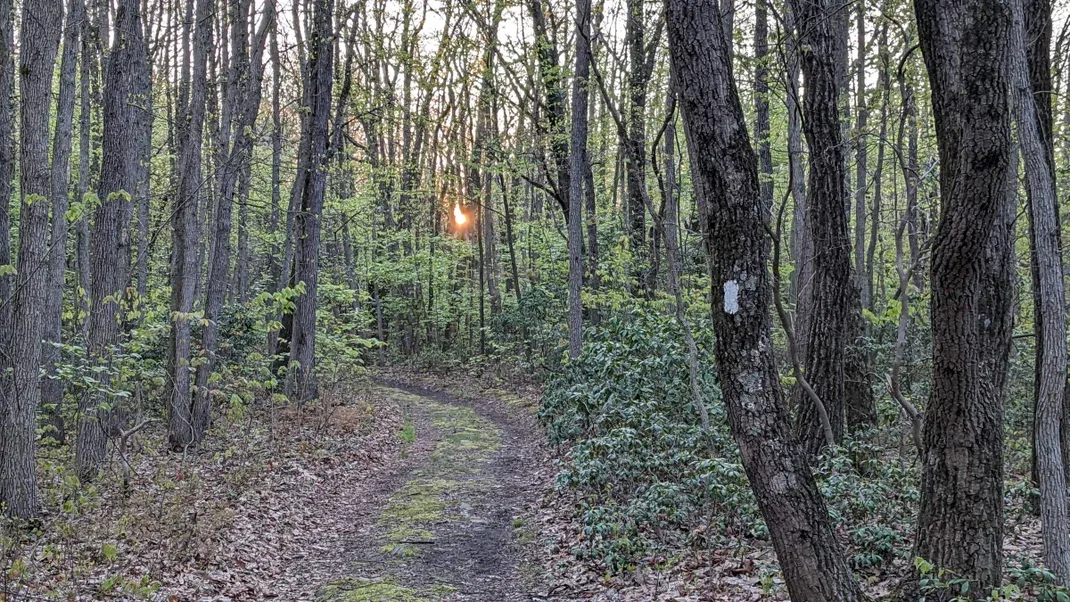Thru-Hiking for Beginners
Thru-hiking for beginners is the act of hiking a long-distance trail from start to finish in one continuous journey. It often involves carrying all necessary gear and supplies, and can take several months to complete. Thru-hiking is a physically and mentally demanding challenge that requires careful planning, preparation, and determination. Beginners should start with shorter hikes to build up their stamina and experience before attempting a thru-hike. It is important to research the trail, understand the potential risks and challenges, and have the appropriate gear and skills before embarking on a thru-hiking journey. With the right preparation and mindset, beginners can successfully complete a thru-hike and experience the beauty of the great outdoors.

Thru-hiking is a challenging and rewarding outdoor activity that involves hiking a long-distance trail from start to finish in one continuous journey. It is a popular pursuit for outdoor enthusiasts who seek adventure, physical fitness, and a deep connection with nature. Thru-hiking is a great way to experience the beauty and diversity of the natural world, as well as to test your physical and mental endurance.
For beginners, thru-hiking can seem like a daunting and overwhelming endeavor, but with proper preparation and a positive attitude, it can be an incredibly fulfilling experience. There are several key factors to consider when preparing for a thru-hike, including physical conditioning, gear selection, and mental readiness.
Physical conditioning is perhaps the most important aspect of preparing for a thru-hike. The physical demands of long-distance hiking are significant, and it is essential to be in good physical shape before embarking on such a journey. This means engaging in regular aerobic and strength training exercises, as well as gradually increasing your mileage and carrying a backpack with weight to simulate the conditions of a thru-hike. It is also important to pay attention to your diet and overall health, as proper nutrition and rest are crucial for maintaining your energy and stamina on the trail.
Gear selection is another critical aspect of thru-hiking for beginners. The right gear can make a significant difference in your comfort and safety on the trail. When selecting gear, it is important to consider the specific needs of the trail you will be hiking, as well as your personal preferences. A sturdy, comfortable backpack, a lightweight tent, a warm sleeping bag, and durable hiking boots are essential items to have. Additionally, clothing and footwear should be carefully chosen to provide protection from the elements while remaining lightweight and breathable. It is also important to consider the weight of your gear, as carrying a heavy pack can significantly impact your endurance on the trail.
Mental readiness is perhaps the most underestimated aspect of thru-hiking for beginners. Long-distance hiking can be mentally challenging, as it requires determination, patience, and a positive attitude. It is important to be prepared for the physical and emotional highs and lows that come with thru-hiking, as well as to be flexible and adaptable in the face of unexpected challenges. Setting realistic goals and expectations, as well as maintaining a sense of humor and gratitude, can go a long way in ensuring a positive thru-hiking experience.
Once you have prepared yourself physically, mentally, and with the right gear, it is time to choose a trail for your thru-hike. There are numerous long-distance trails around the world that offer diverse and breathtaking landscapes, from the Appalachian Trail in the United States to the Camino de Santiago in Spain. When selecting a trail, it is important to consider the length, difficulty, and seasonality of the trail, as well as any permits or regulations that may apply. It is also essential to research the terrain, climate, and potential hazards of the trail, as well as to plan for resupply points and emergency contacts along the way.
During your thru-hike, it is important to practice Leave No Trace principles, which emphasize minimizing your impact on the natural environment. This includes packing out all trash, staying on designated trails, and respecting wildlife and other hikers. It is also important to be mindful of your own safety and well-being, and to be prepared for changes in weather, wildlife encounters, and other unexpected situations. Having a well thought out plan and being flexible when necessary is crucial for a successful thru-hike.
Thru-hiking for beginners can be an incredibly rewarding experience, providing a deep sense of accomplishment and connection with the natural world. It is a journey that requires physical, mental, and emotional strength, as well as careful planning and preparation. With the right mindset and determination, thru-hiking can be a life-changing adventure that will inspire and challenge you in countless ways. Whether you are walking for a cause, seeking solitude and self-reflection, or simply enjoying the beauty of the great outdoors, thru-hiking is an experience that will stay with you long after the trail has ended.






